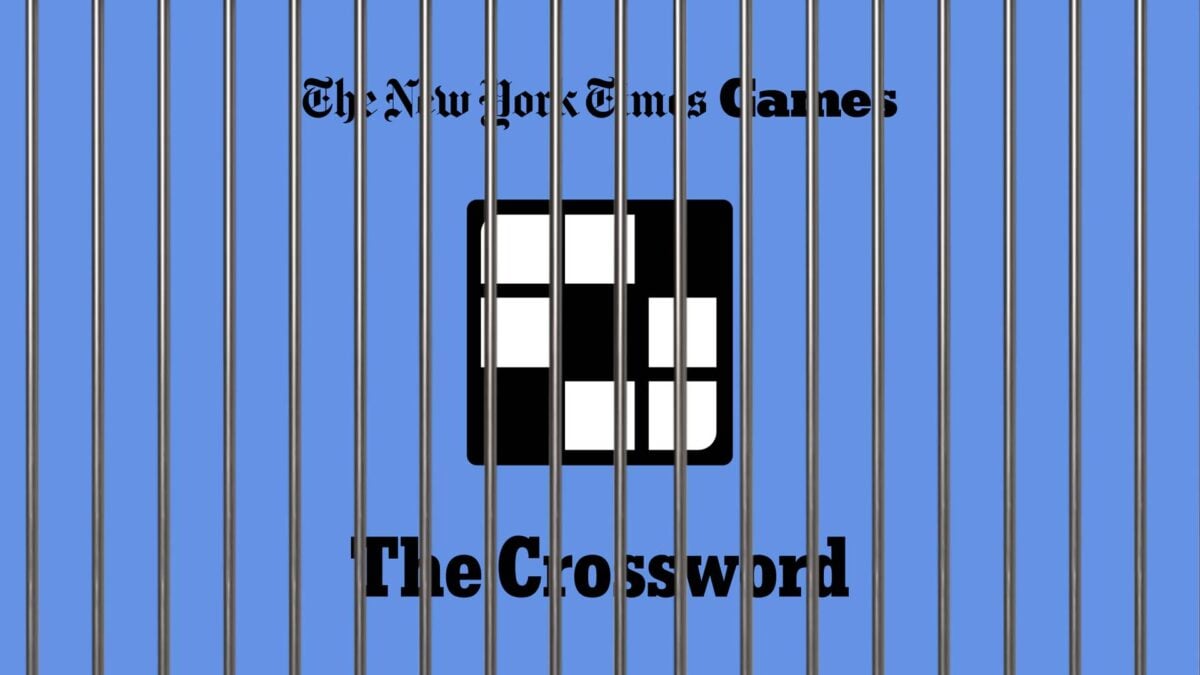The Mini Crossword is one of the most popular games offered by The New York Times. And for years, it was free. But that changed recently, and fans aren’t happy about it at all, calling the newspaper company “greedy” for putting the game behind a paywall.
In 2014, The New York Times launched a new, mini version of its famous crossword. The Mini Crossword became a popular hit for the newspaper as it only took a few minutes to solve, was updated daily, and was a perfect, tiny experience that became a part of many people’s morning routines. It also helped that the Mini Crossword was completely free to play. That just changed, however, and as you might expect, a lot of word-loving gamers aren’t happy about it.
On August 27, with seemingly no warning, thousands of players opened up the Mini Crossword as usual on their browser or phone, only to discover that the fun little word game was no longer free and was now locked behind a paywall. As of Wednesday, only those who have an NYT Games or newspaper subscription can access the Mini Crossword. And while not as popular as the Mini Crossword, two other NYT Games are also now locked behind a subscription: Tiles and Letter Boxed. But don’t worry, The New York Times has conveniently made sure to offer a discount on subscriptions to its games service right as it made this controversial change.
Over on Twitter, posts from the NYT Games account often receive no more than seven or eight replies. But a recent tweet mentioning the Mini Crossword has received over 60 replies. Most of them are from very angry players who are upset about the sudden change. Here are just some of the replies under that tweet:
- “You greedy fucks give me my free Mini Crossword.”
- “Y’all are evil putting the Mini behind a paywall…”
- “Ask your bosses how it feels to ruin a small part of thousands of people’s daily routines.”
- “GIVE US THE MINI CROSSWORD BACK YOU GREEDY SCUMBAGS”
In recent years, The New York Times has become more of a video game company than a newspaper. Data shows that more people are paying the newspaper to play its games than to read its news or consume any of its other content. While that has likely helped keep the paper afloat at a time when online and traditional media are struggling, it also means they are now beholden to gamers. So The New York Times should probably get used to having its mentions filled with angry people yelling.
